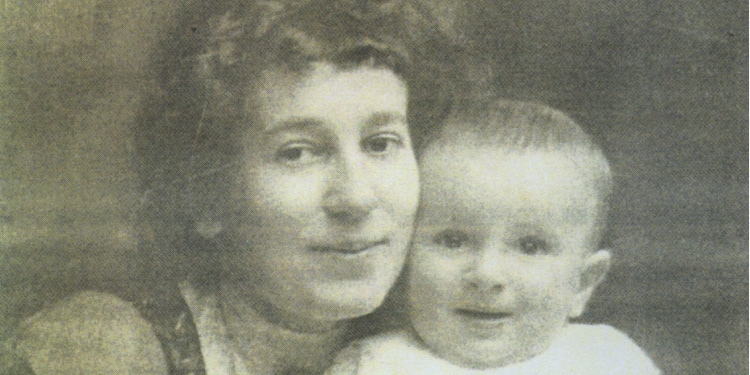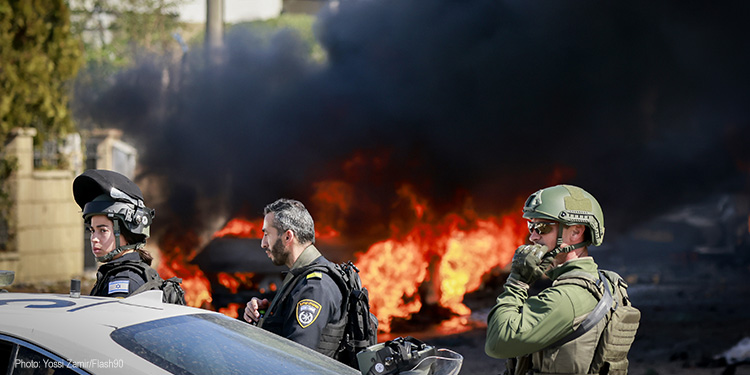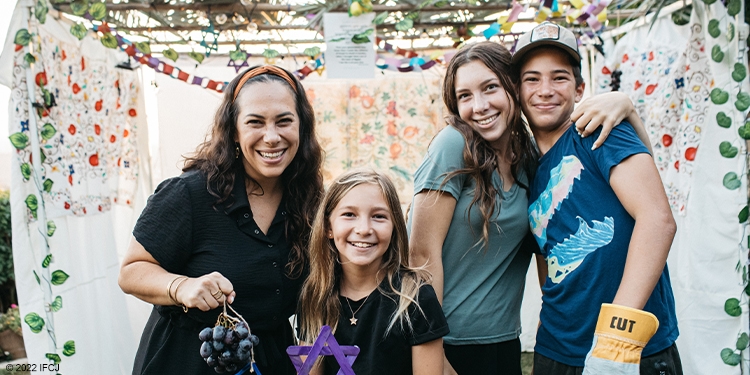A Humane Hero During Inhumane Times
The Fellowship | October 6, 2020

Viorica Agarici learned her kindness as a nurse from her father. The mayor of the Romanian town of Roman, Mr. Agarici proved himself a friend of the local Jewish community, establishing a synagogue and a school. Her heroism she taught to her son Horia (seen with her as a baby above) who became a celebrated pilot. Viorica would get her chance to show such kindness and heroism during the Jews’ darkest time.
The Death Train
Not just a nurse, but the head of the local Red Cross, Viorica Agarici busied herself tending to the wounded soldiers coming from the brutal Eastern Front during World War II. On the night of July 2, 1941, Viorica heard moans coming from a train. Filled with Jewish survivors of a nearby pogrom, the Nazis sent this “death train” on its way with no food or water.
Viorica ordered the train to stop; her son’s heroic reputation caused the Nazis to obey her orders. She gave the Jews aboard the train food and water, and allowed them to wash. She also helped remove the bodies of those who had died; of the more than 2,500 Jews on the train, only 1,000 survived.
A Bad Reputation Turned Good
While Viorica Agarici surely showed both kindness and bravery, this Nazi-occupied area of Romania did not think so. Forced to resign her position as a nurse and Red Cross president, Viorica fled to Bucharest. But the people of her country knew Viorica’s true nature. Tales of her courageous actions spread. After the war, those who had helped the Nazis murder Jews faced justice.
And after the war, the kindness and heroism of Viorica Agarici could at last be recognized. Yad Vashem named this brave nurse one of the Righteous Among the Nations. And a local rabbi praised her as one of the “human people during inhumane times.”


